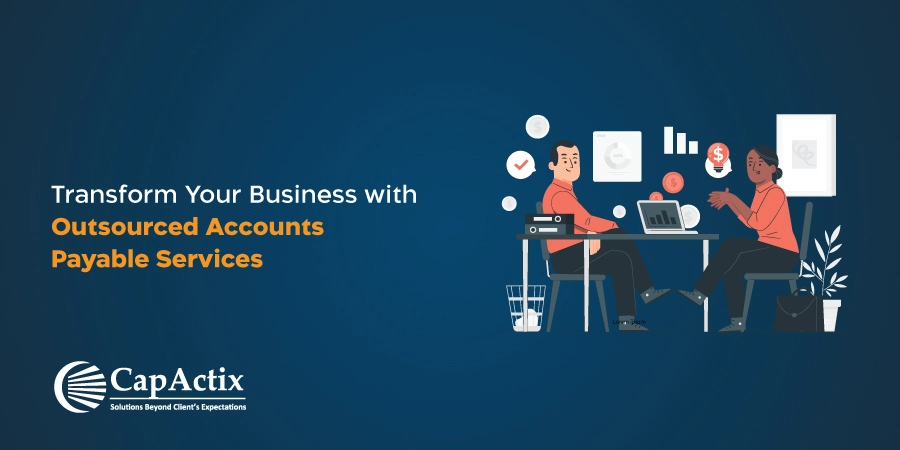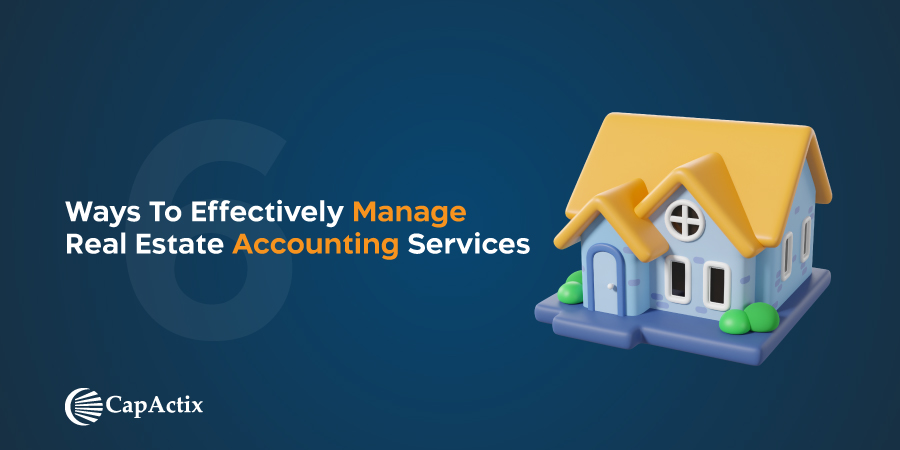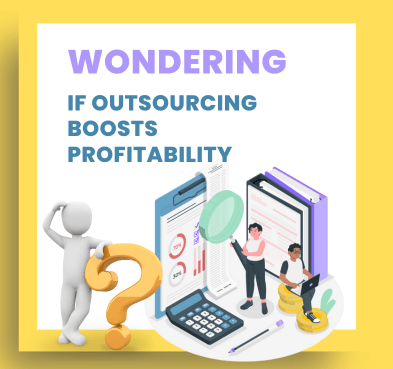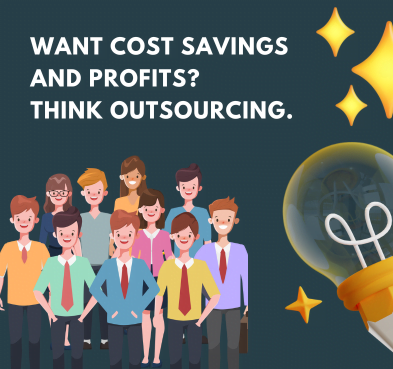Of late, the global real estate industry is growing at an accelerated pace. Like in any other business sector, accounting is an integral part of the real estate business. Real estate accounting ensures proper management of property and involves recording and tracking enormous sums of money.
Keeping a regular check on the inflow of cash and its outflow is of utmost importance. A real estate accountant plays a significant role in filing taxes and recording financial data throughout the buying and selling process. This necessitates the need to hire an experienced professional for the job.
As a real estate accountant plays an important role in filing taxes and recording financial data, you must hire an experienced professional.
As a regular practice, real estate agents deal with an array of clients daily while also planning and conducting open houses to showcase properties that need to be sold. Managing properties for clients and providing real estate services are their core job roles.
Considering all this, it’s nearly impossible for real estate agents to manage the accounting of their company. They are neither professionally qualified to look into accounts nor do they have the time to carry out the complex financial accounting for their company.
Considering the paucity of time real estate agents have, they should outsource the entire bookkeeping task to professional real estate accounting firms or remote freelancers who are experts in their field. Real estate accounting outsourcing will help them focus on their core business goals.

Moreover, outsourcing accounting will enable real estate agencies to compare their financial performance over time, estimate their cash flow, calculate their tax return, and make timely bill payments. Six exclusive tips to manage real estate accounting services are provided below:
6 Tips to Manage Real Estate Accounting Services
1. Regular Updating Of Accounts
Bookkeeping is a tedious task, yet it has to be done meticulously. Regularly updating the books helps you spot and weed out low-quality clients and boost your revenue by attracting higher-quality ones. It involves the maintenance of accounts, ledgers, and balance sheets – profit and loss statements, risk assessment, and budgeting. All this can be outsourced to qualified, experienced remote accountants.
2. Meticulous Maintenance Of Accounts
Since the real estate industry involves large sums of money, maintaining a perfect record of the inflow and outflow of cash is crucial. Organized records showing the profit or loss at a glance make it easier to analyze growth and chart future growth patterns. Meticulous records help make the annual filing of tax returns easier.
3. Correct Classification Of Costs
It is important to understand all levels of expenditure incurred by the agency. Construction costs impact the return on investments. A thorough analysis of the budget for construction should be done before investing. It’s easier to record the tangible hard costs.
Hard costs are the expenses that are directly associated with the construction or development of the property. They cover the material and labor involved in the construction of the property and account for 70% of the total cost.
The soft costs or the intangible costs are the expenses that are indirectly associated with the construction. These include services such as planning, permission, inspection, and legal fees.
4. Using The Latest Technology
Using the latest accounting software, copious amounts of data can be processed, thereby providing better data tracking for various marketing platforms. Using cloud-based accounting software to manage real estate accounting has several advantages.
It ensures the security of data. All transactions that are recorded and accounted for will be done through a secure gateway. This ensures that the business-critical data is not compromised.
It is cost-effective as remote servers save the company costs of servers and other equipment. Due to network backups, there is no loss of data in case of malfunctioning or failed hardware. Cloud technology makes it convenient to outsource real estate accounting. The process is flexible; anyone can use it from anywhere. Multiple users can access the information at the click of a button. Receipts and invoices can be printed on the go. This increased efficiency and internal collaboration lead to better productivity.
5. Having Separate Business And Personal Accounts
Though many families own and manage the real estate business, it’s advantageous to have separate business and personal accounts. Setting up a separate bank account makes it easy to track business transactions. As a result, the bookkeeping is up to date and accurate. Tax returns can be filed easily at the end of the year.
The difference between business and personal accounts should be understood, and a clear distinction should be made, such as – phone bills for official calls should be paid by a business account. Using a business account to make and receive payments increases trustworthiness with clients. Having separate business and personal accounts makes it easier to connect them to the accounting software.
6. Tax Review Sessions
Visits to a local Certified Public Accountant twice a year is of utmost importance. It is always better to have information on how the country, city, or state regulates real estate income and complies with it. Ways to reduce tax liabilities and avail the best tax benefits all entail a visit to a CPA at least twice a year. Doing timely tax reviews before the year-end will give sufficient time to address any issues.
Accounting is a meticulous process; it is difficult to gauge the progress of the business without it. Moreover, without a proper understanding of accounting, compliance with local legal entities becomes difficult. Outsourcing real estate accounting to skilled professionals is cost-effective; they provide quality skills at low prices.
Hire qualified, experienced real estate accountants from India for quality services and financial gains. Visit our website for more details regarding our firm. Contact us at +1 201-778-0509 or reach out at biz@capactix.com.










































































